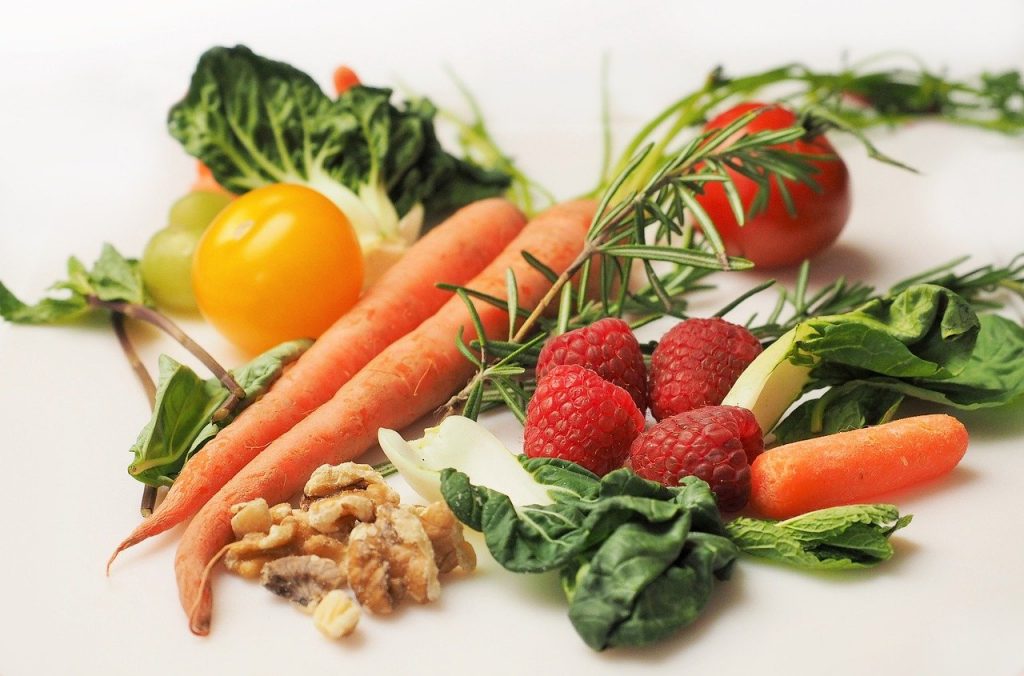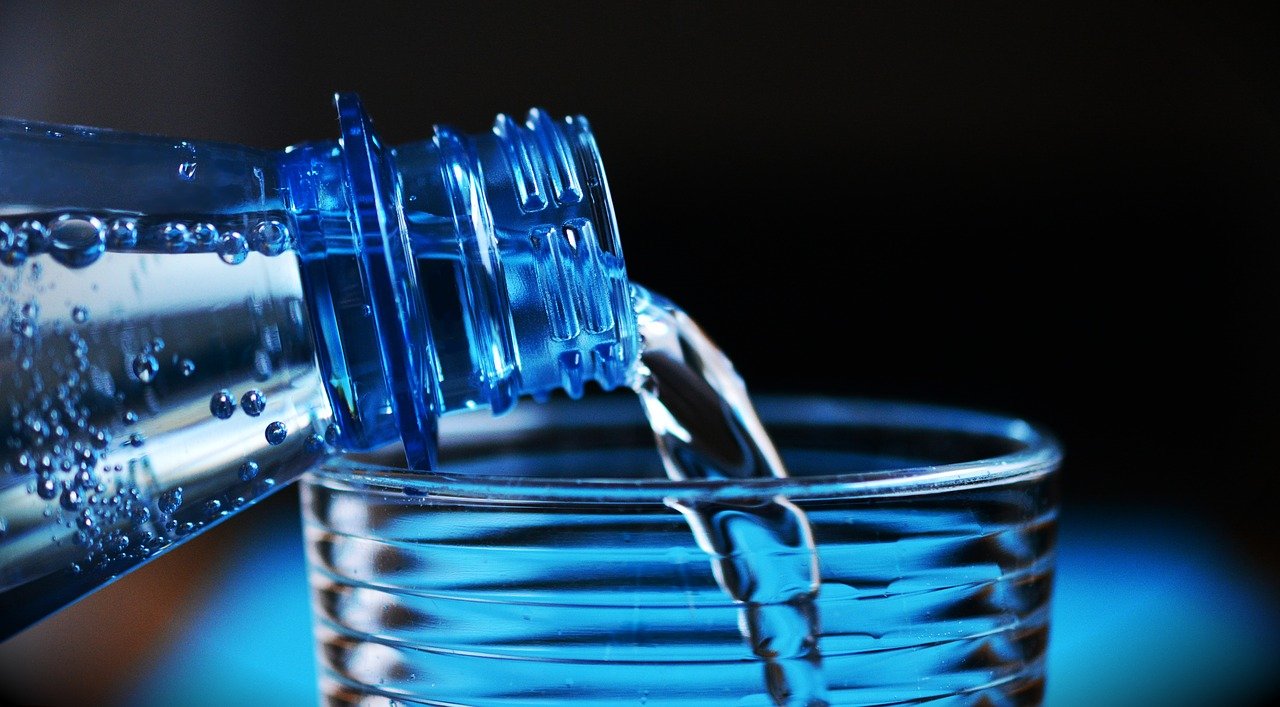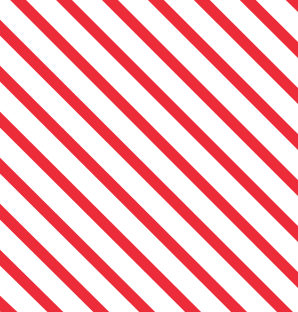Diet during Ramadan: what do you need to know?
”Your diet is a bank account. Good food choices are good investments.”
Diet during Ramadan is very important because you fast for a long time.
Nutritionists around the world agree that the basics of a healthy diet are variety, moderation, and balance. These principles of healthy eating are especially important during the month of Ramadan.
What should the diet look like during Ramadan?
The intake of food during fasting is mostly done during the night period, which is intended for rest and renewal of the organism. You should consume food that is easily digestible, nutritionally rich, and tasty, containing all the necessary ingredients such as plenty of vegetables and fruits, quality cereals, seeds, legumes, nuts, lean white meat, fish, and yogurt, kefir, whey, and young cheese.

On the other side, you should avoid too salty, spicy, and fatty foods and reduce the intake of sweets and cakes.
As for breakfast, for sure the same rule applies. You need to consume foods that have a high level of satiety and that will keep you full for a long time. These are foods that are digested for a long time in the digestive tract, from 6 to 12 hours, like meat, eggs, and dairy products (which stay in the digestive tract for a long time). In addition to these foods, you also can include peas, beans, and legumes, which have a high satiety index.
For sehur you can eat nuts that contain a lot of fat, are nutritionally rich, and have a good satiety index.
The meal to be served for iftar should contain vegetable or chicken soup with plenty of vegetables and no added fat, with a smaller meal containing stewed vegetables with white meat or fish and optionally a smaller amount of wholemeal rice, millet, buckwheat, or homemade corn or wholemeal bread. The intake of red meat and pasta is limited to only a few times during fasting.
Water is important
You must understand that your body needs water the most. As water intake is prohibited during the fasting period, it is very important to get enough water during the allowed period, in order to avoid dehydration of the organism.
When it comes to food, we don’t have to worry, because we all have a supply of subcutaneous fat that our body uses as energy in the process of fasting, but we don’t have much water and most of us don’t get enough of it.
Drinking water alone should be in small sips and gradually, with breaks of a few minutes between the next (smaller) sips of water.

Don’t forget physical activity
If you normally lead a healthy lifestyle and engage in physical activity, there is no reason to stop doing it during Ramadan.
As during everyday life, physical activity is recommended during this period, but in a reduced form. If physical activity is part of your morning routine, try to do it instead in the morning in the evening, but not just before going to bed. An easy walk after a meal (iftar) is an ideal option, while a gentle and short stretch during the day can also be helpful.
Professional personal trainer in Dubai helps you reach your nutrition and fitness goals
Looking for a personal trainer in Dubai, who can help you with your diet and exercise plan? You are in right place!
Start transforming your body today, and the personal trainer in Dubai will be your best ally along the way.
Whether you’re for online training or live training in the gym, your personal trainer is here to give you the best advice about nutrition and exercise. If you want to reach perfection, you should do perfection.
You can find more information on the site, so feel free to call and schedule your first training, which is free!
“Let’s build wellness rather than treat disease.”
Contact For Schedule: +971585633493






